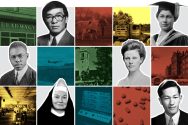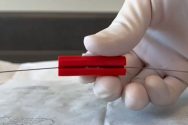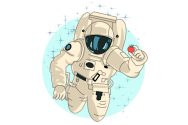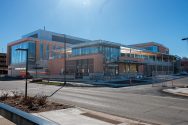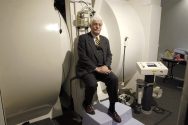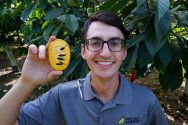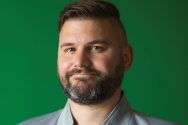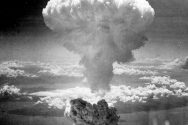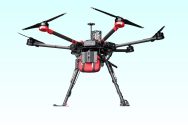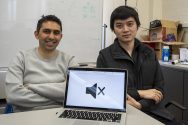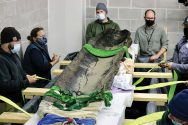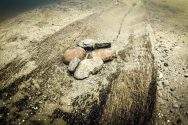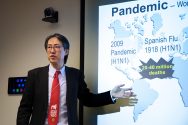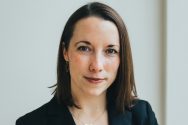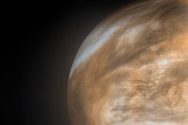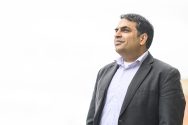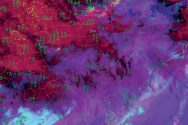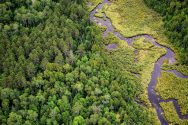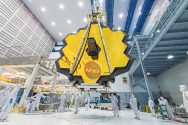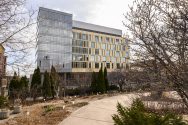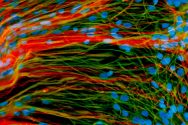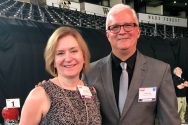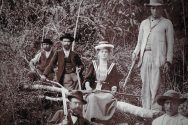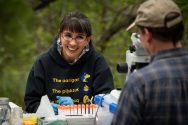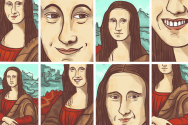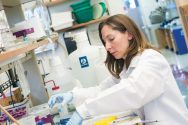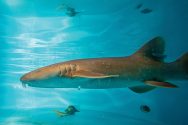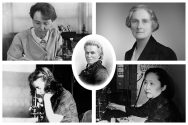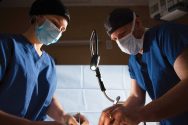Despite significant contributions, these UW researchers have largely been forgotten by history.
Science
280 stories. Showing page 1 of 10.
UW engineering students hope to license their ingenious device.
UW Teams with NASA to grow plants without gravity.
The facility will meet the growing demand for research that benefits both animals and humans.
Raymond Damadian ’56’s discovery gave doctors more insight into their patients. Literally.
A biologist hopes to make a highly beneficial fruit more widely available.
Shifting to clean energy sources would do the trick, according to UW research.
UW research shows how assumptions grow stronger over time, even without evidence.
A UW study explores oceanic changes that would make temperatures drop.
UW research could help the devices quickly reach people suffering cardiac arrest.
Videoconference apps often don’t give up access to microphones, raising privacy concerns.
Our cover photo of a canoe recovered from Lake Mendota helps you see history through the eyes of an archaeologist.
A canoe recovered from Lake Mendota tells a story that long predates UW–Madison.
UW–Madison researchers lead the effort to protect us from viruses yet to come.
Under new restrictions, irregular menstrual cycles could keep women from seeking the procedure.
UW researcher explores the possibility of microbial life.
With more than 400 interviews during the COVID pandemic, epidemiologist Ajay Sethi became a thoughtful voice against falsehood and conspiracy.
The UW devises a tool to detect fog and low-lying clouds.
The UW helps found the Midwest Climate Collaborative — and seeks results.
A Badger prepares the powerful instrument for its journey into space.
The new UW Chemistry Building encourages group efforts.
UW professor James Thomson’s discoveries inspired scientists around the world.
The Wisconsin Medicine campaign boosts the UW’s work in health care and research, with an assist from Badgers radio announcer Matt Lepay.
Retrace the steps of UW limnologist Harriet Bell Merrill 1890, who defied the doubters to conduct pioneering fieldwork in South America.
While exploring the microscopic similarities that unite species, Kat Milligan-McClennan ’99, PhD’09 embraced her long-rejected Indigenous identity.
UW psychology professor Paula Niedenthal ’81 explores the wide variety of social rules for expressing emotion — and how they cause trouble.
A UW breakthrough could improve breast-cancer care.
Proteins from the fish’s immune system can help humans prepare for coronavirus outbreaks.
Margaret Rossiter MS’67 is rewriting the history of women in science, one name at a time.
A promising invention replaces the surgeon’s heavy headlight.
